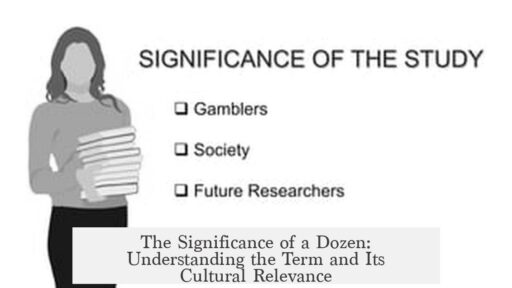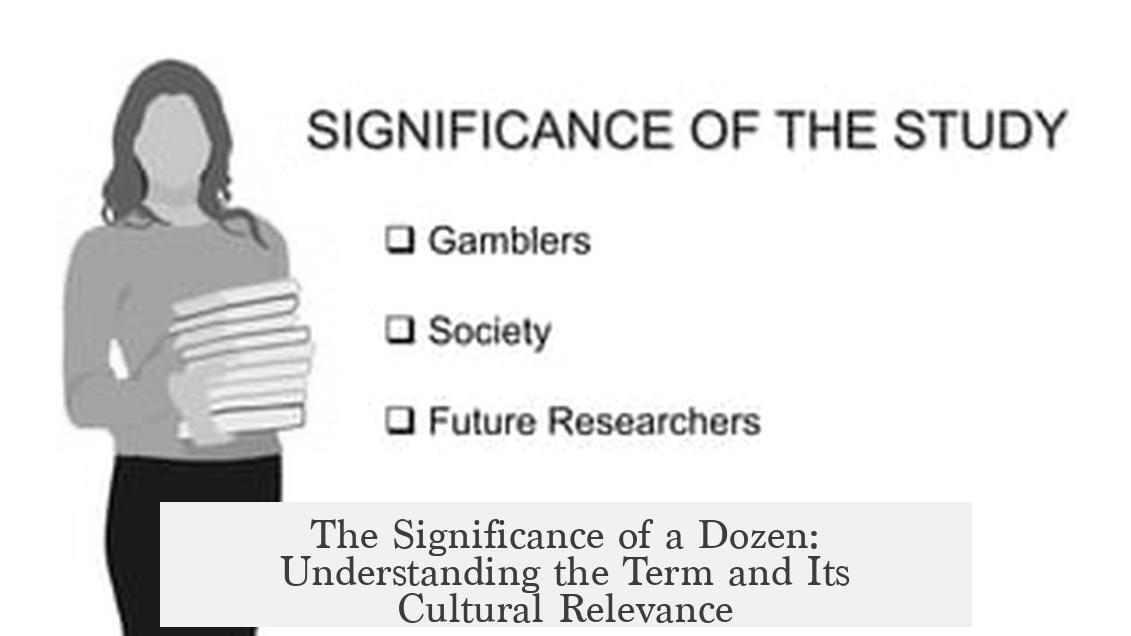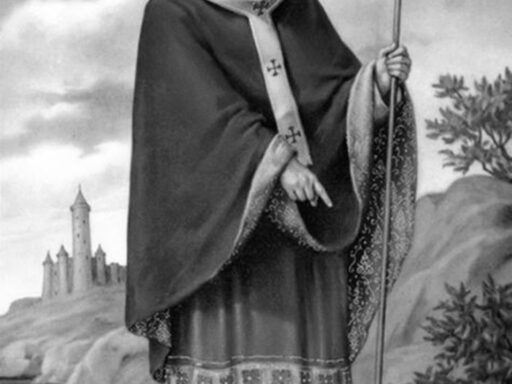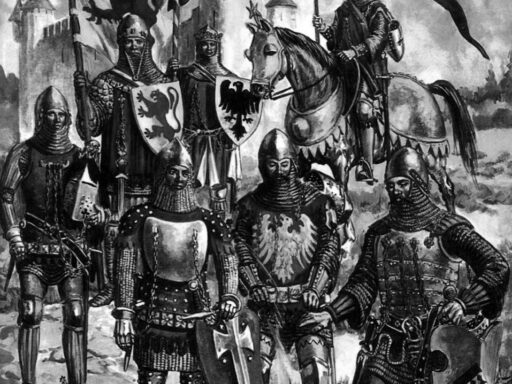The term “dozen” exists because twelve holds special cultural, mathematical, and practical significance, and the word itself derives from the French “douzaine,” meaning a group of twelve. This terminology reflects historical counting systems and the convenience of grouping items into twelves.
The English word “dozen” originates from the French word douze, which means twelve, with the suffix -aine representing a collective group. In French, similar constructs describe groups of different sizes: treizaine for thirteen and centaine for about one hundred. The introduction of this term into English likely passed through Old French, showing how language evolves alongside cultural exchanges.
Twelve stands out because it divides easily into halves, thirds, quarters, and sixths, unlike many other numbers. This divisibility has made it a practical grouping unit throughout history. It explains why measurements such as a foot having twelve inches persist and why time segments, like hours on a clock, divide by twelve. The number’s mathematical properties play a key role in its recurring importance.
Many cultures have adopted twelve-based counts due to practical and astronomical reasons. For instance, the approximate twelve lunar cycles in a year influenced calendars and timekeeping. Early civilizations, such as the Sumerians and the Gauls, favored twelve’s use. This ancient reliance on twelve helped cement its place in languages and traditions, leading to specific terms like “dozen.”
Unlike English, some languages handle numerical groupings differently. In Dutch, people rarely use a distinct word for a group of twelve; they simply say “twelve.” However, many languages use unique counters for certain numbers or groups. Japanese uses specific terms for some quantities unrelated phonetically to their number words. This shows that having unique words for specific groups can be a linguistic convenience rather than a necessity.
English also has terms like “baker’s dozen,” meaning thirteen, and “gross,” meaning 144, which originates as 12 dozen. This layered vocabulary based on twelves reflects longstanding practical use in trade, measurement, and everyday life. The preference for a word like “dozen” over just “twelve” units makes communication about common quantities easier and quicker.
Historically, the prominence of twelve does not arise from a simple linear influence from one culture to another. Instead, it might be a convergent development, as many human societies found it practical. Although the ancient Sumerians used base-60 and multiples of twelve, the exact transmission to English remains more complex. Anthropologists consider twelve’s global significance a mix of mathematical convenience and cultural tradition.
| Aspect | Details |
|---|---|
| Word Origin | French “douzaine” combining “douze” (twelve) and “-aine” (collective group) |
| Mathematical Importance | Divisible by 2, 3, 4, 6, enabling easy subdivision |
| Cultural Significance | Lunar cycles, trade measures, calendars |
| Comparison to Other Languages | English uses “dozen”; Dutch uses “twelve”; Japanese uses unique counters |
| Practical Use | Trade packaging, time measurement, length measurement |
- Dozen is a historical term with roots in French collective numbering.
- The number twelve’s divisibility makes it practical for grouping and measurement.
- Many cultures and languages reflect special treatment of twelve for different reasons.
- Unique number words offer linguistic convenience, not absolute necessity.
- Dozen remains a useful, standard way to reference twelve items efficiently.
Why Do We Have a Dozen? Why Do We Need Another Word for 12 Items?

Simply put, we have a special word for twelve items—a dozen—because the number 12 holds unique cultural, mathematical, and practical significance across history and societies. This made it convenient and natural to develop a distinct term for it. Now, let’s dive deeper into the story behind this curious numerical word.
Imagine living in a world where you need to count things often, and your counting system is more than just numbers. It’s about dividing, grouping, and making everyday transactions easier. This is where the dozen stands out.
The Origin of the Word Dozen
The word “dozen” has its roots in the French word douze, meaning twelve. Add the suffix -aine, which means a collective group, and you get douzaine—a group of twelve. Other similar French terms include treizaine for thirteen and centaine for a hundred.
You can almost picture medieval French merchants counting their goods in these tidy bundles. When the English borrowed the term, it shortened to “dozen,” carrying along this neat notion of grouping twelve items together.
Why English Specifically Has a Word for Twelve

Why not thirteen or a hundred? English speaks of a “baker’s dozen” for thirteen items and “century” for a hundred years. But why is twelve special enough to get its own basic counting word?
One reason is twelve’s mathematical charm. Twelve is divisible by 2, 3, 4, and 6. That means it can split evenly into halves, thirds, quarters, and sixths, making it incredibly practical for dividing goods or time.
Historically, the abundance of divisors made twelve a favorite for trade and measurement. Though the religious and mythological significance might be a story on its own, the number twelve’s usability was key.
More Than Math: Cultural Value and Convenience
Mayan, Sumerian, Babylonian, Greek, and even ancient Gauls appreciated twelve. Why? Partly because there are roughly twelve lunar cycles in a year. This natural cycle linked twelve to calendars and timekeeping.
Even today, we cling to twelve-based measurements. Feet are twelve inches long. Hours on a clock face number twelve. The special words “dozen” and “gross” (144 items) echo the long tradition of grouping items in twelves and multiples thereof.
Is Having a Special Word for 12 Really Necessary?

Strictly speaking, no. It’s not a must to have a distinct word for twelve items, but it’s handy. Many languages create unique words for common groups, even if they don’t resemble the numbers themselves.
Take Japanese, for instance. They have standalone counters like はたち (hatachi) for twenty years old, unrelated in sound to the word for twenty, or やっつ (yattsu) for eight items. This suggests humans like organizing numbers into convenient bundles with special labels, partly for ease and partly for tradition.
Sometimes, it’s just that people enjoy inventing unique and sometimes complicated words for things—it makes language rich and fun!
A Peek Across Borders: The Dutch Perspective
Interestingly, Dutch speakers rarely use a word equivalent to “dozen.” They simply say “twelve.” This shows that the English choice to keep a separate word is more cultural habit than absolute necessity.
So, if you’re Dutch and wonder why English needs a dozen rather than just twelve items—it’s more about tradition and practicality than strict logic.
Historical and Anthropological Insights
The prominence of twelve in English may not directly descend from Sumerian or Babylonian counting systems, yet it’s clear that something about twelve tickled human brains in many ancient societies.
Perhaps different cultures independently celebrated twelve because of its divisible nature and connection to lunar months. Anthropologists might suggest that the ancestors of many civilizations stumbled upon twelve’s practicality, embedding it into language and culture.
What Does This Mean for Us Today?
Next time you buy a dozen eggs or enjoy a dozen cookies, you’re tapping into a rich legacy of human math, culture, and convenience.
- Practical tip: Grouping things in twelves makes sharing easier. Split a dozen cookies among four friends, and everyone gets three perfectly equal pieces.
- Fun fact: In baking, a “baker’s dozen” means 13—not 12—because bakers once gave an extra item to avoid penalties for short weight.
- Try this: When measuring or dividing time, notice how our clocks and calendars still honor multiples of twelve.
So, why do we have a dozen? Because it’s a neat, practical, and historically favored way to organize and count. Why do we need another word for 12 items? Because sometimes, one efficient, culturally-rich term beats repeating a longer number. Language loves shortcuts, and the dozen is one of its oldest.
Why does English have a specific word for 12 items instead of just saying “twelve”?
The word “dozen” comes from French, meaning a group of twelve. It was practical because 12 is easily divisible into smaller parts, which helped in trade and everyday counting.
Why is the number 12 so important in cultures and languages?
Number 12 has many divisors, making it useful for dividing things evenly. It’s linked to things like lunar cycles and time measurements, which shaped its cultural significance.
Do other languages have special words for groups like a dozen?
Yes, many languages have unique terms for specific numbers of items. For example, Japanese uses special counters that don’t sound like the base number, making counting groups common everywhere.
Is there a mathematical reason why 12 is favored over numbers like 13 or 100?
12 has more divisors, which makes dividing into halves, thirds, and quarters simpler. This made it more practical historically than 13 or 100, though those numbers also have special terms.
Do all cultures use words like “dozen” for 12 items?
No, some cultures, like the Dutch, prefer just saying “twelve.” The use of a special word depends on historical and cultural habits rather than necessity.



